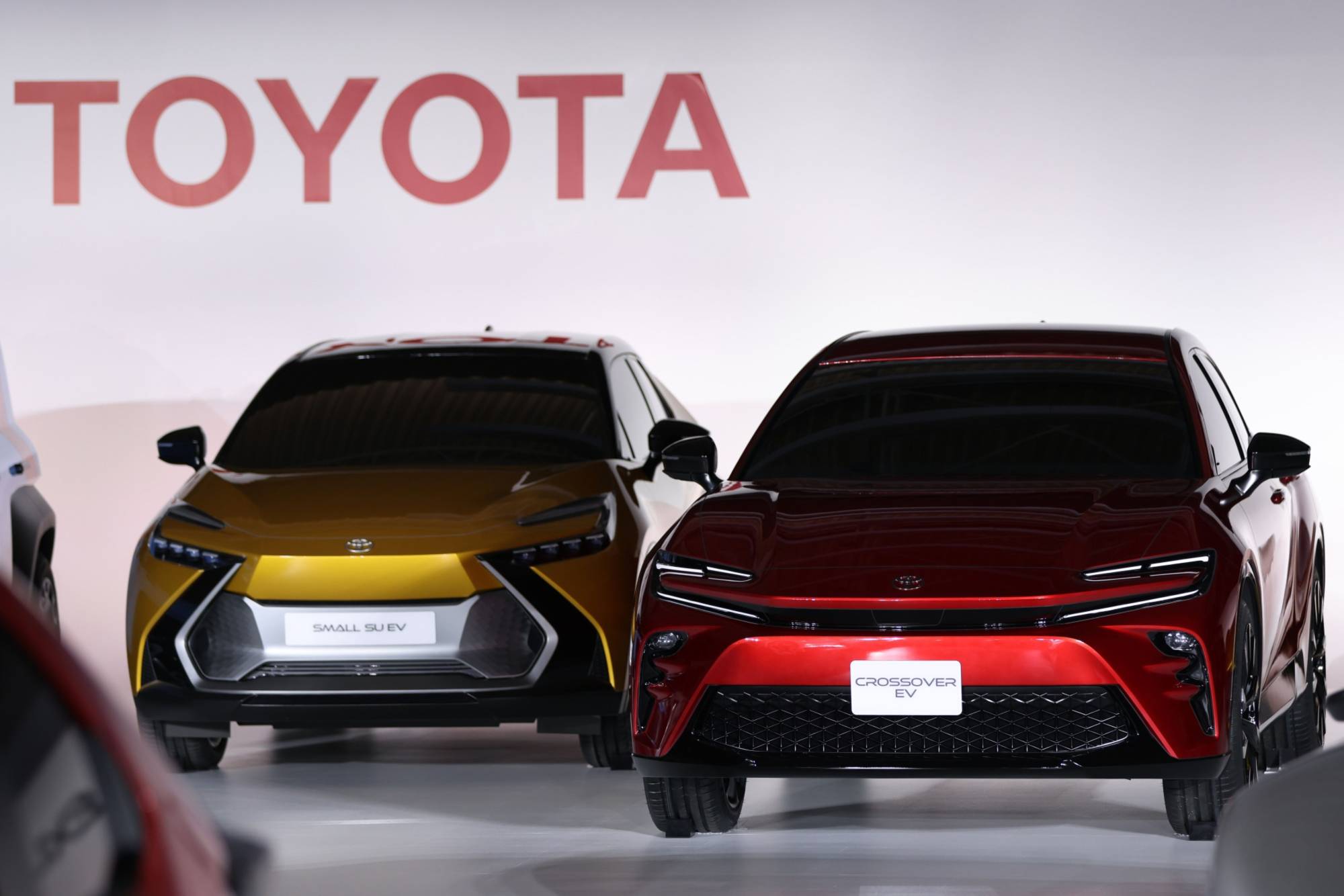Toyota is reportedly considering a reboot of its electric vehicle strategy to compete better in the market. Last year the Japanese automaker announced that it is re-writing the $38 billion EV rollout plan to better compete with Tesla. Now, it is known that the automaker has halted some of its existing EV projects as the automaker has been slower to enter the booming market.

Furthermore, a working group within Toyota has been charged with outlining plans by early next year for improvements to its existing EV platform or for a new architecture, the four individuals said. In the meantime, Toyota has suspended work on some of the 30 EV projects announced in December, which according to the sources and a document reviewed by Reuters include the Toyota Compact Cruiser crossover and the battery-electric Crown.
According to Toyota, it was committed to carbon neutrality but declined to comment on specific initiatives. “In order to achieve carbon neutrality, Toyota’s own technology – as well as the work we are doing with a range of partners and suppliers – is essential,” the company said as stated by Reuters. The revamp under consideration could slow the rollout of EVs already on the drawing board. But it would also give Toyota a chance to compete with a more efficient manufacturing process, as industry-wide EV sales run past Toyota’s earlier projections.
Setting benchmark
As part of the review, Toyota is considering a successor to its EV-underpinning technology called e-TNGA, unveiled in 2019. That would allow Toyota to bring down costs, the people said. The first EV based on e-TNGA, the bZ4X crossover, hit the market earlier this year although its launch was marred by a recall that forced Toyota to suspend production in June. Production resumed earlier this month.
The review was triggered in part by the realization by some Toyota engineers and executives that Toyota was losing the factory cost war to Tesla on EVs. Toyota designed e-TNGA so that EVs could be produced on the same assembly line as gasoline cars and hybrids. That made sense based on the assumption Toyota would need to sell about 3.5 million EVs a year, roughly one-third of its current global volume, by 2030 to stay competitive, as stated by certain sources according to Reuters. But sales of EVs are growing faster. Automakers globally now forecast plans for EVs to represent more than half of total vehicle production by 2030. The person leading Toyota’s EV review is Shigeki Terashi, former chief competitive officer, according to six people with knowledge of the work, including two people close to Toyota.












